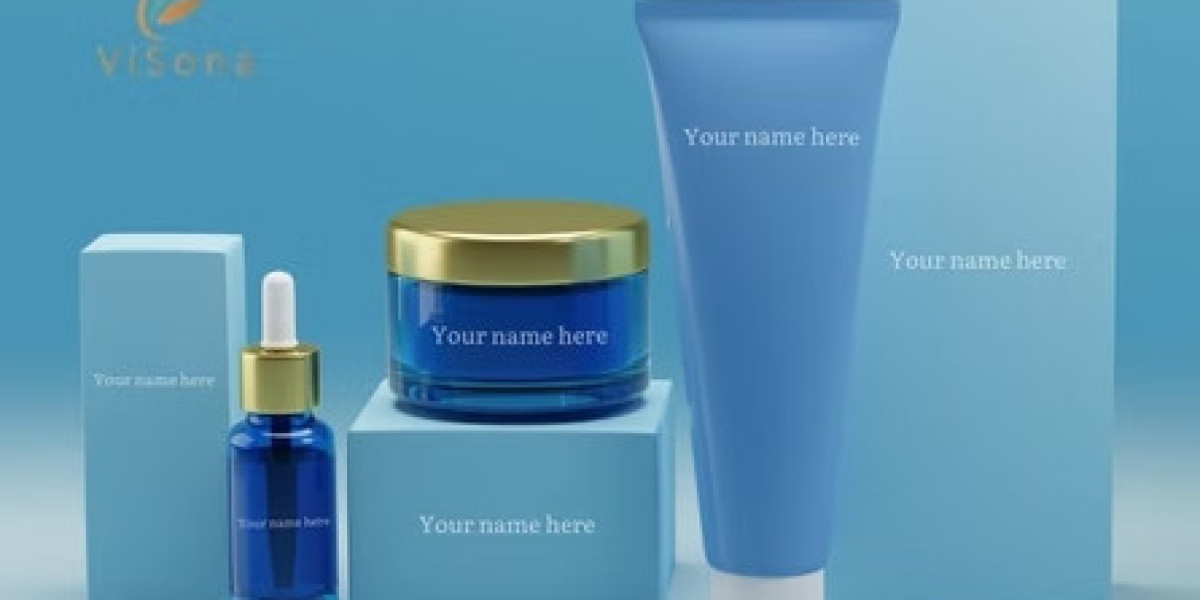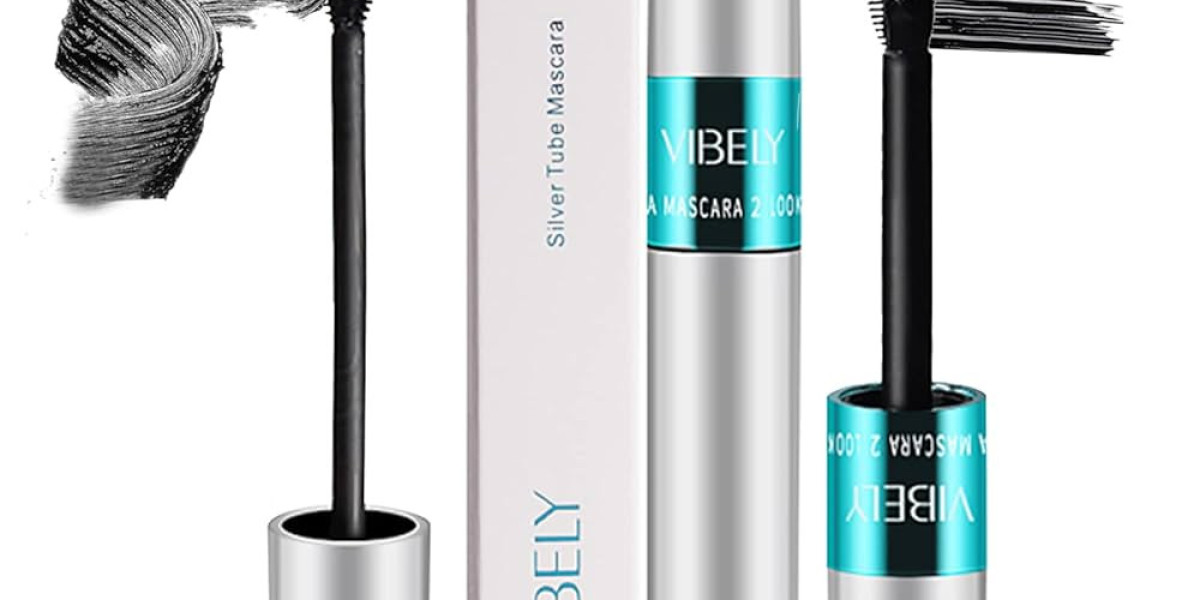Creating a beauty brand from the ground up is a dream for many entrepreneurs. The excitement and thrill that founders have for their startups is incomparable to any other task. The zest of creating something that is unique, be it skincare or cosmetics, requires a lot of creativity, experimentation, and passion. However, converting the same idea into a tangible asset takes effort, time, and finance.
After you enter the manufacturing world, you will get to witness a world that is far different from your regular paperwork. It includes massive machinery, 100s of trials & errors, and a team of experts that is always on their toes to derive the best product. For indie beauty startups, working with small expenses and limited manpower, stepping into the manufacturing world can be a risky decision.
That's where indie beauty contract manufacturing becomes a critical solution. It allows startup owners to focus on brand-building while professionals manage the manufacturing side efficiently and safely.
The Hidden Costs of Self-Manufacturing
Running everything in-house may sound like a cost-saving idea, but it often creates more problems than solutions. It requires financial resources, technical knowledge, and time - all of which are limited in early-stage businesses. What seems manageable at first can soon become overwhelming.
Here are the most common drawbacks of self-manufacturing:
High Setup Costs: Startup founders must invest in formulation tools, mixers, packaging units, storage systems, and often a controlled facility - none of which are cheap.
Lack of Technical Skills: Not all founders are chemists. Without a deep understanding of formulation science, a product may look appealing but fail stability or safety testing.
Regulatory Hurdles: Cosmetic and personal care products are subject to strict regulations. Mislabeling, missing documentation, or improper ingredient use can lead to bans or penalties.
Production Inconsistency: Homemade production often leads to variable batches. That undermines customer trust and affects product reviews and reputation.
Diverted Focus: Time spent managing production logistics means less time for marketing, partnerships, and customer acquisition - areas that actually drive growth.
Scaling Is Difficult: As demand increases, keeping up without industrial-grade systems becomes harder. That limits how fast you can grow and serve new markets.
Self-manufacturing isn't just tough; it can slow down progress, increase stress, and inflate costs unexpectedly.
Why Contract Manufacturing Is a Smarter Alternative
For indie beauty founders, working with a contract manufacturer provides access to a level of expertise, equipment, and structure that's difficult to achieve in-house. It's more than outsourcing - it's strategic scaling.
Lower Capital Investment
You don't need to invest heavily in equipment, raw material storage, or lab infrastructure. Manufacturers already have these resources in place. This means you can begin production with minimal upfront costs and direct more funds toward brand awareness and distribution.
Professional Expertise at Every Step
Most manufacturers have in-house R&D teams, quality assurance officers, and lab technicians. These professionals understand formulation, ingredient sourcing, preservation systems, and testing. You benefit from their experience without hiring them full-time.
This greatly reduces trial-and-error, improving your chances of launching a stable, compliant product.
Smaller Batches, Greater Flexibility
A key feature of indie beauty contract manufacturing is the ability to start small. Many companies offer low minimum order quantities, which helps startups:
Test new ideas
Launch pilot batches
Collect customer feedback early
Instead of producing thousands of units upfront, you can test demand first - making changes before committing more capital.
Simplified Regulatory Compliance
Manufacturers understand cosmetic regulations in your target regions. They handle:
Ingredient documentation
Safety assessments
Label formatting
Stability testing
Shelf-life validations
You're less likely to face delays or legal issues because they know how to stay compliant from day one.
Shorter Time to Market
Creating a new product from scratch takes months - sometimes more. With a manufacturer's setup already in place, that timeline shrinks. Their supply chains, machinery, and processes allow you to go from idea to shelf faster than building your own facility.
This speed is critical in a competitive beauty industry where trends shift quickly.
Built-in Quality Control
Professional manufacturers follow strict protocols for consistency. They ensure:
Batch-to-batch uniformity
Ingredient traceability
Clean production environments
Standardized documentation
That means fewer quality complaints, better customer retention, and peace of mind as your brand scales.
Freedom to Focus on Growth
When you're not stuck ordering containers, checking pH levels, or worrying about packaging breakdowns, you can actually focus on your brand. Your time goes into:
Social media
PR and marketing
Distribution deals
Improving customer experience
Contract manufacturing frees you to think like a founder - not a factory operator.
Growing the Right Way
Many startups fail not because their idea lacked merit, but because their operations became too complex, too soon. Overloading the early stages with in-house production and compliance work puts too much pressure on limited resources.
Choosing an indie beauty contract manufacturing partner doesn't mean giving up control; it means choosing to grow smart. It means understanding your strengths and partnering where it matters most.
This model helps you maintain product quality, manage risk, and scale in a structured, efficient way. ViSona LLC has navigated growth through such partnerships, not by doing everything in-house, but by doing the right things at the right time.
In the end, success in beauty isn't just about creativity. It's about building a foundation that lasts, and knowing when to let experts take the wheel.








